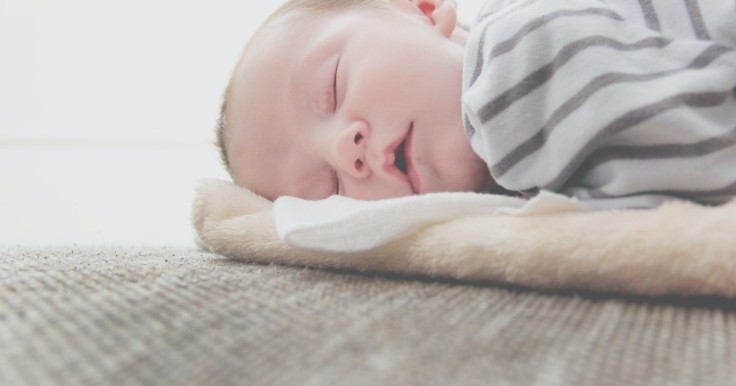
Based on a new study published online, snoring children is linked with behavioral problems. The causes may include decreased airflow in their brain and brain structure.
Dr. Dean Beebe, the lead author of the study, said that behavioral problems include hyperactivity, depression, and inattention.
He added that the most vital factors for snoring children were lower status in life and the absence of a shorter period of breastfeeding.
He even pointed out that this would suggest that doctors screen for and track for loud snoring children for follow-up care. Failing to screen or take a "wait and see" approach for snoring children could make preschool behavioral problems worse. He also said that these findings also support infant breastfeeding.
The link between snoring children and behavioral problems
The study is believed to be the first to test the link between snoring children and behavioral problems. Based on data, such loud snoring occurs in 1 of every ten children.
Dr. Beebe and his team studied 249 children. They surveyed the children's moms about their kids' sleep and behaviors. The study showed that children who snored loudly at least twice a week at the age of 2 and 3 had more behavioral problems than children who either did not snore or snored at 2 or 3 but not at both ages.
Dr. Beebe said that many kids snore every so often, and cartoons make snoring look cute or even funny. But, loud snoring that lasts for months is not regular, and anything that puts young kids at that much risk for behavioral problems is not cute, nor is it funny.
He added that such a kind of snoring could be a sign of real breathing problems that experts can't treat at night. Dr. Beebe urges parents to talk to their child's doctor about loud snoring, mainly if it happens a lot and continues over time.
What should parents do?
Other experts suggest that parents check with their doctors to see if parents should refer their child to an ENT or a sleep expert. They said that the sooner their children are diagnosed, the better the outcome will be.
Dr. Frisca Yan-Go, a brain doctor from UCLA, explains that if a sleep-related breathing problem affects a child's sleep, it will also affect the child's daytime function, behavior, learning growth. She added that parents should consult their children's doctors when they first suspect this.
For the time being, experts said that snoring children could sleep on a wedge pillow with their upper body elevated. They added that other medical conditions like allergies and asthma must then be tested and treated.
The brain structure
The link between snoring and effects on behaviors may be due to a decreased oxygen delivery to the brain or brain structure. A sign that not enough air is going through a child's airway. Less oxygen delivery to the brain and brain structure can mean swelling and even brain tissue and brain structure changes.
Baby breastfeeding, mainly those over extended periods, seemed to protect children against snoring, even after considering other factors like family income.
ALSO READ : How to Sleep-Train Toddlers or School-Aged Kids